In today's fast-paced world, wellness is no longer a luxury—it’s a necessity. And at the core of true wellness lies one essential pillar: nutrition. The relationship between nutrition and wellness is not just about eating your greens or counting calories. It’s about understanding how food nourishes your body, supports mental clarity, fuels energy, and ultimately forms the foundation for a thriving life.
What Is Nutritional Wellness?
Nutritional wellness refers to making informed food choices that enhance your physical health and emotional well-being. It goes beyond dieting. It’s a way of living that integrates balanced eating habits into your daily routine—creating a synergy between your body, your mind, and your long-term health goals.
This approach emphasizes:
-
Whole, nutrient-dense foods
-
Adequate hydration
-
A sustainable eating pattern rather than restrictive plans
-
An understanding of your body’s unique nutritional needs
The Link Between Nutrition, Health, and Wellness
Health, nutrition, and wellness are deeply interconnected. Poor nutrition can lead to fatigue, weakened immunity, and a host of chronic conditions, while thoughtful eating habits can help prevent illness, boost mood, and improve longevity.
Here’s how the right nutrition enhances wellness:
-
Physical Wellness: Balanced meals stabilize energy levels and support bodily functions like digestion, hormone balance, and muscle recovery.
-
Mental Wellness: Nutrients like omega-3 fatty acids, B vitamins, and magnesium support brain health, reduce anxiety, and improve mood.
-
Preventive Health: Diets rich in fiber, antioxidants, and healthy fats reduce the risk of heart disease, diabetes, and inflammation-related disorders.
Personal Insight: Finding Wellness Through Food
Years ago, I found myself battling constant fatigue despite regular workouts and good sleep. It wasn’t until I took a closer look at my food intake that I realized my meals, though seemingly “clean,” lacked nutritional depth. I began focusing on wellness nutrition—incorporating a rainbow of vegetables, quality proteins, and fermented foods. The transformation was eye-opening: more energy, sharper focus, and a deeper connection to how I felt day to day. That shift taught me that food isn’t just fuel—it’s information. It tells your body how to perform.
Key Elements of a Nutrition & Wellness Lifestyle
Whether you're new to wellness or looking to deepen your routine, here are foundational elements to support your journey:
1. Prioritize Whole Foods
Stick to foods that are as close to their natural state as possible: leafy greens, colorful vegetables, lean meats, legumes, seeds, and fruits. Whole foods provide essential vitamins, minerals, and fiber—cornerstones of wellness nutrition.
2. Hydrate Intentionally
Water is often underestimated. Hydration supports every function in your body, including digestion, detoxification, and mental performance. Herbal teas and infused waters can add variety while still promoting wellness.
3. Eat for Energy, Not Emotion
Mindful eating is key. Pay attention to your hunger cues and avoid using food as a coping mechanism for stress or boredom. A wellness-focused approach encourages emotional balance through intentional, nourishing meals.
4. Plan for Sustainability
Fad diets rarely last. Opt for an eating pattern that fits your lifestyle and cultural preferences. Mediterranean, plant-forward, or flexitarian diets are great templates for those seeking food-based wellness.
5. Balance Macronutrients
Every meal should ideally include a mix of:
-
Protein (e.g., eggs, legumes, fish)
-
Healthy fats (e.g., olive oil, avocado, nuts)
-
Complex carbs (e.g., quinoa, oats, sweet potatoes)
This balance supports stable blood sugar levels, better energy, and improved cognitive function.
Wellness Beyond the Plate
Nutrition is the gateway, but holistic wellness includes sleep, movement, and mental resilience. Food sets the tone for these other areas. For instance, magnesium-rich foods can improve sleep, while anti-inflammatory diets can reduce joint pain, making physical activity more accessible.
Final Thoughts: Food Is Your Foundation
When you align your nutrition with your wellness goals, you build a body that supports your ambitions and a mind that helps you stay focused and positive. From food selection to meal timing, each choice is an opportunity to invest in your long-term vitality.
Whether you’re taking your first steps or refining your current habits, remember: nutrition is not a rulebook—it’s a relationship. Build it with care, and your wellness will naturally flourish.


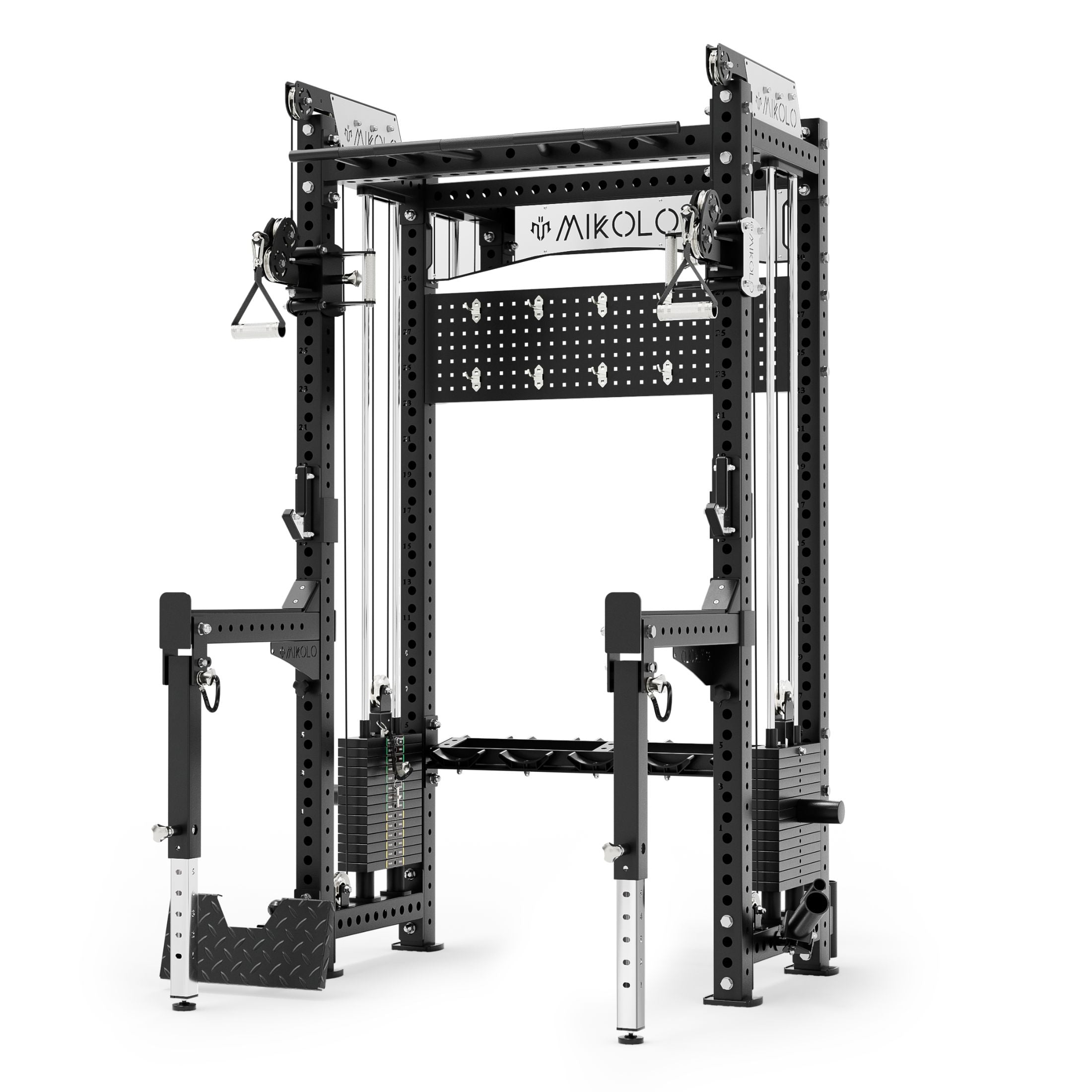
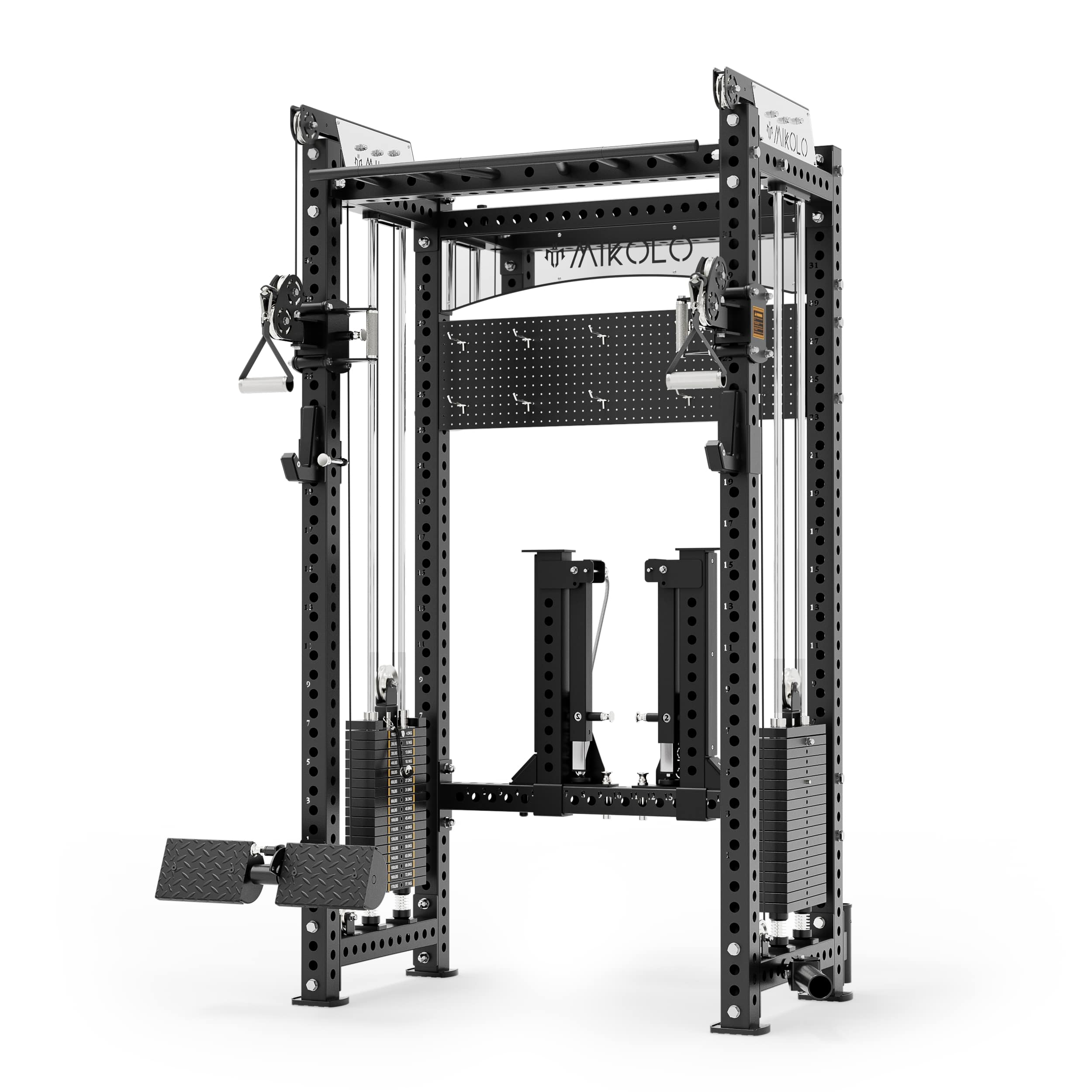
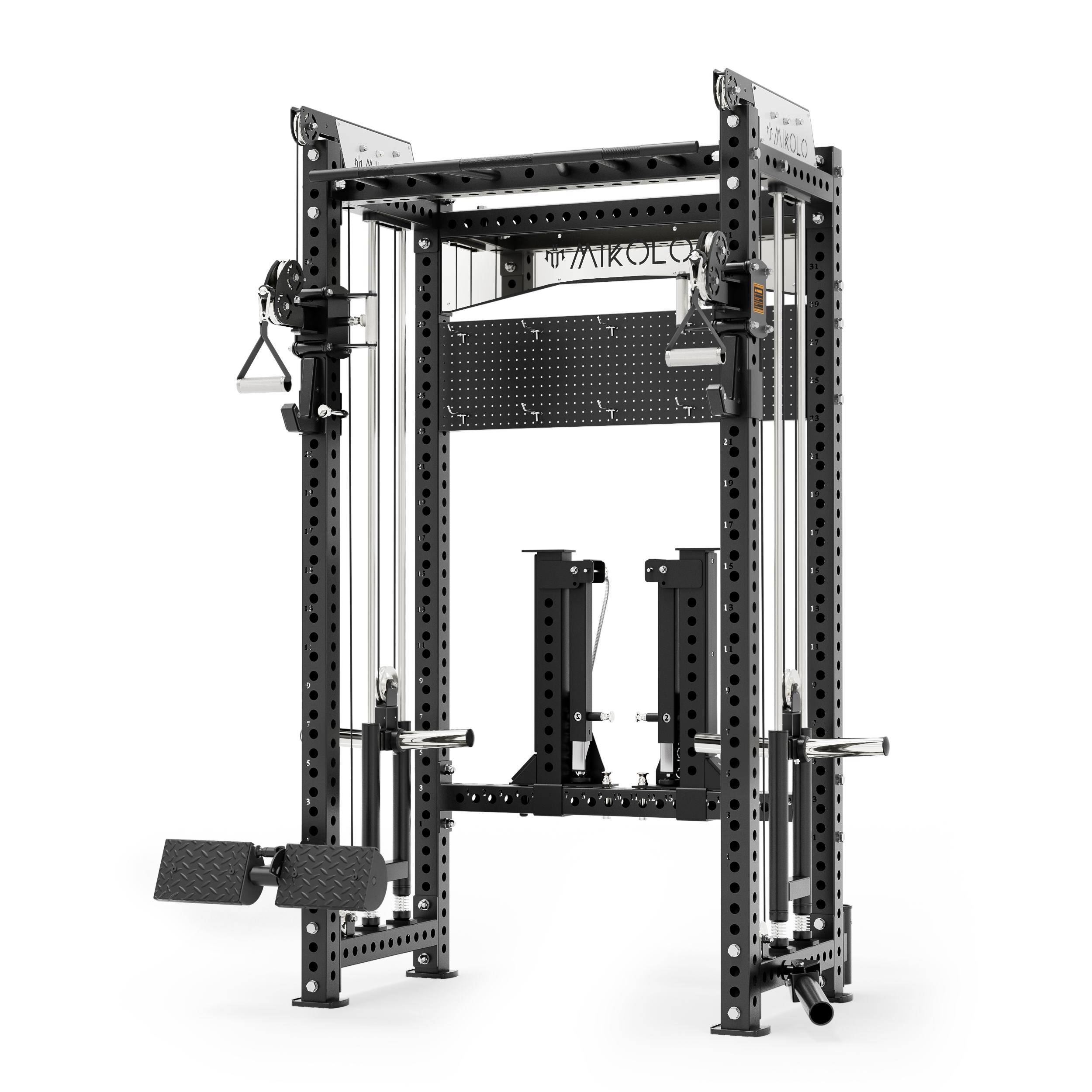



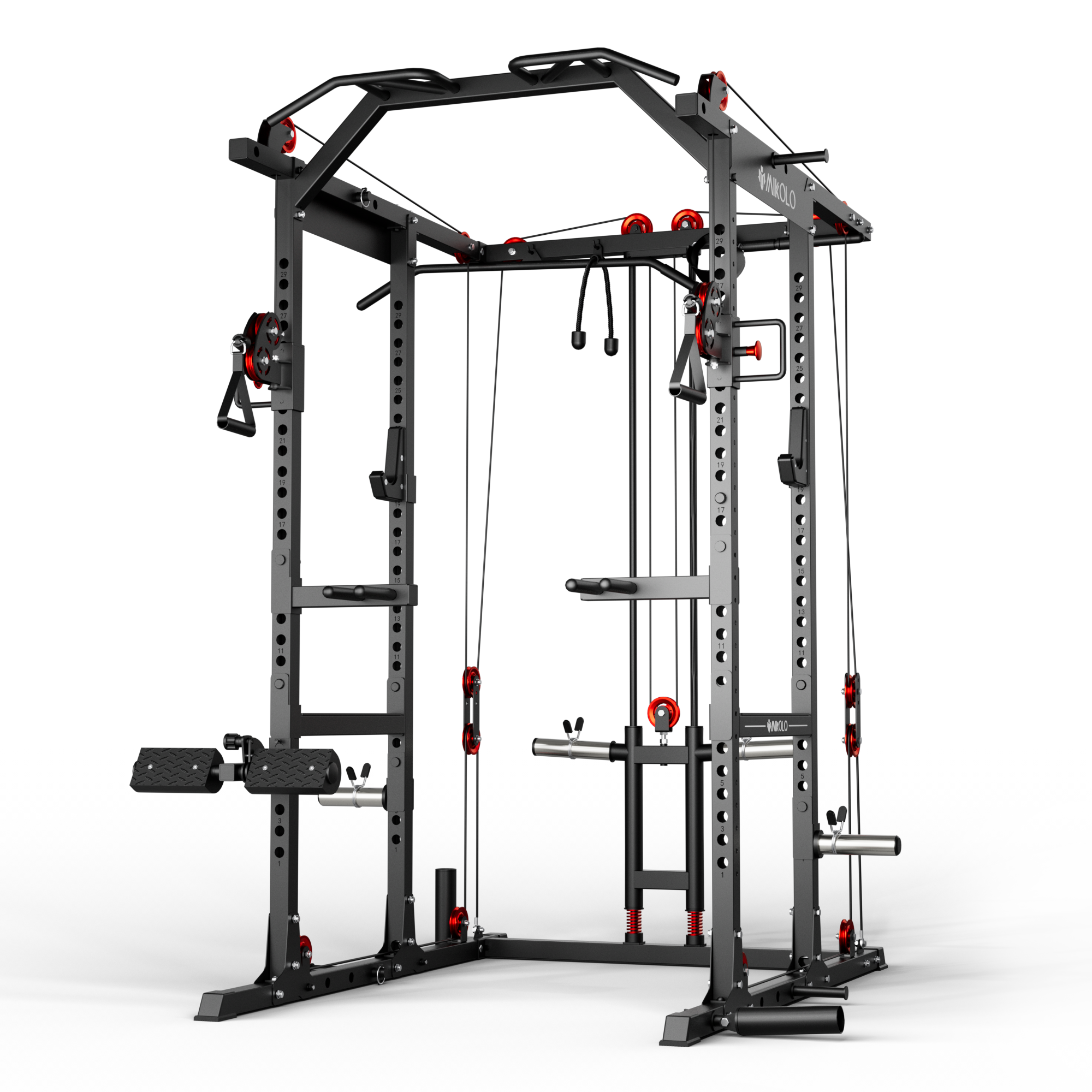

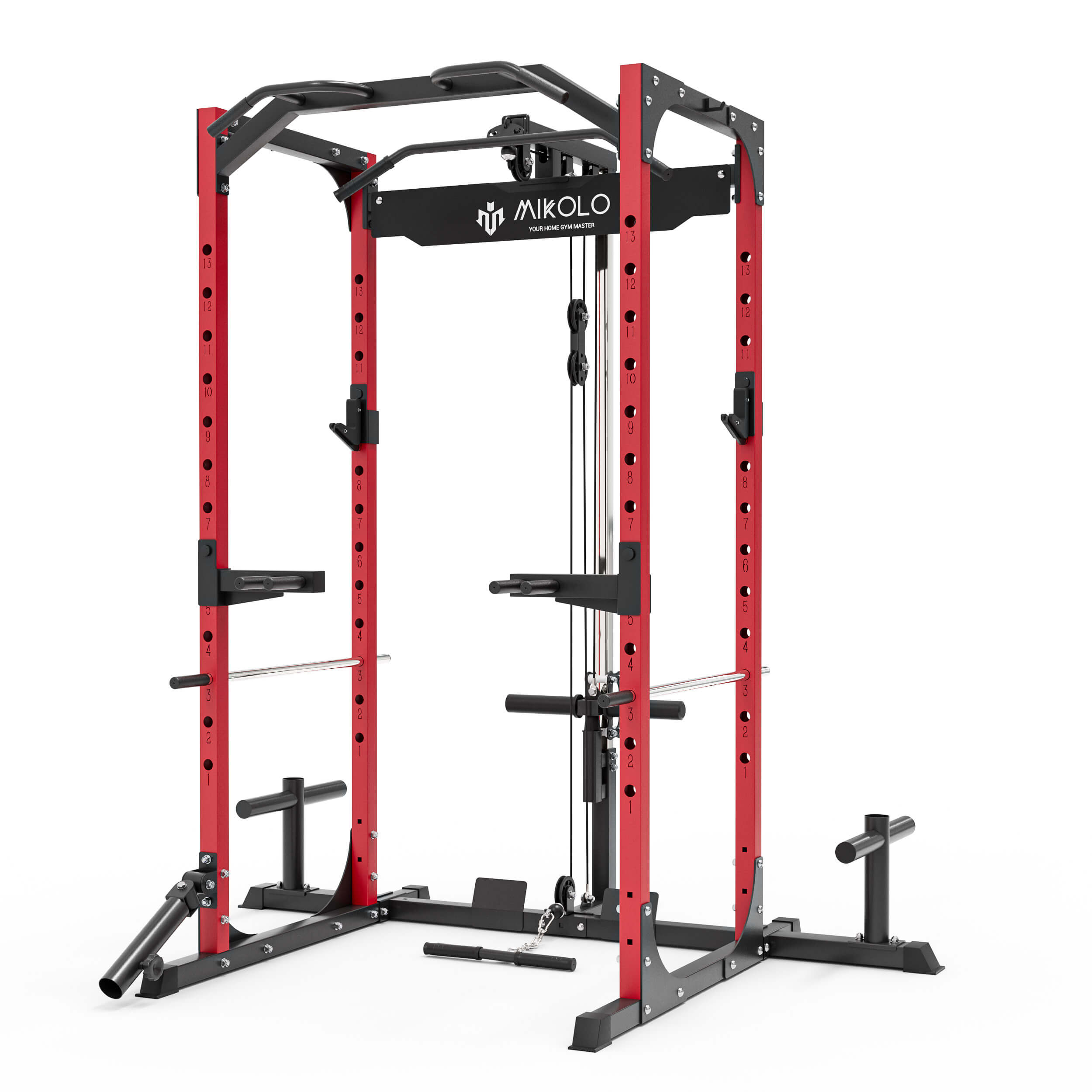

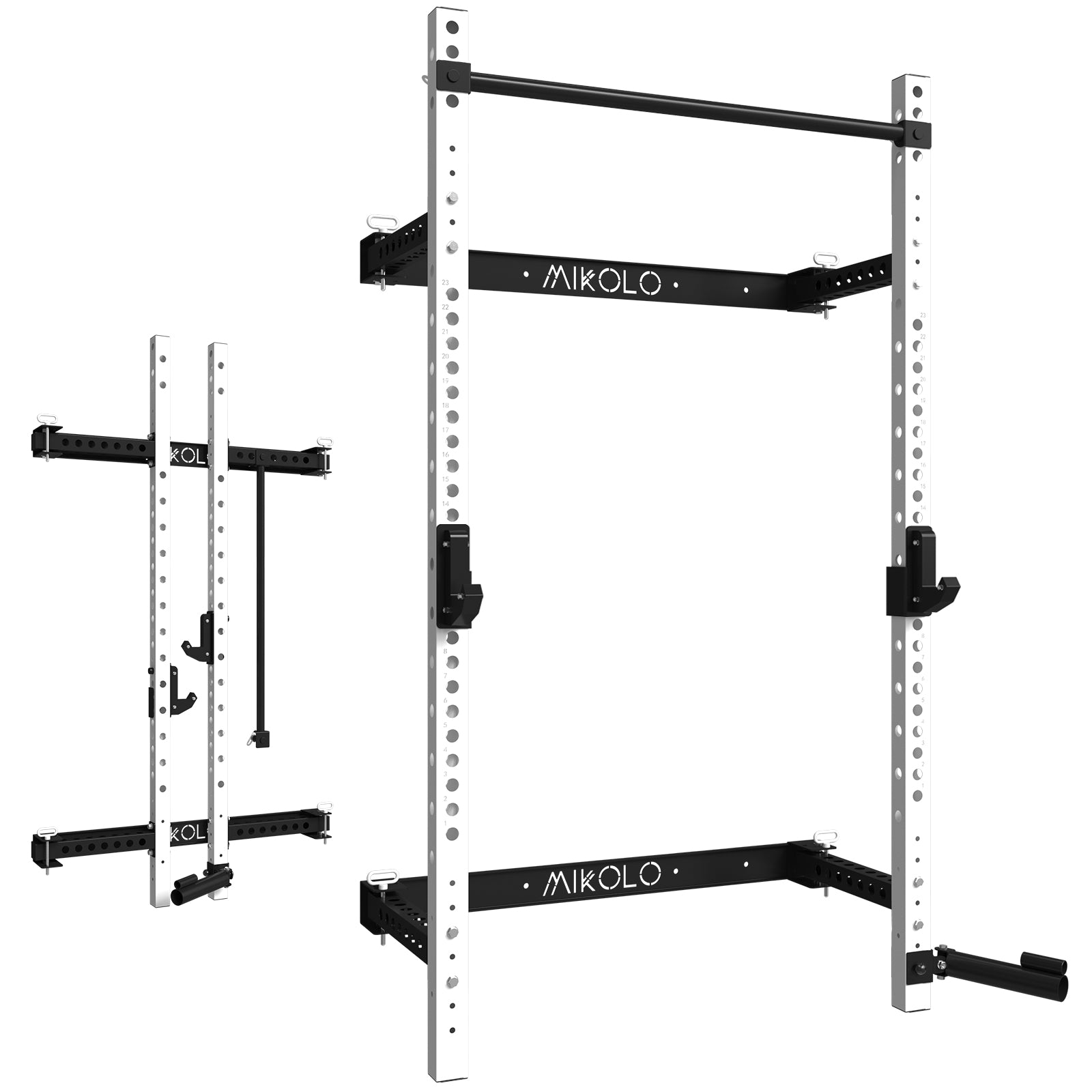


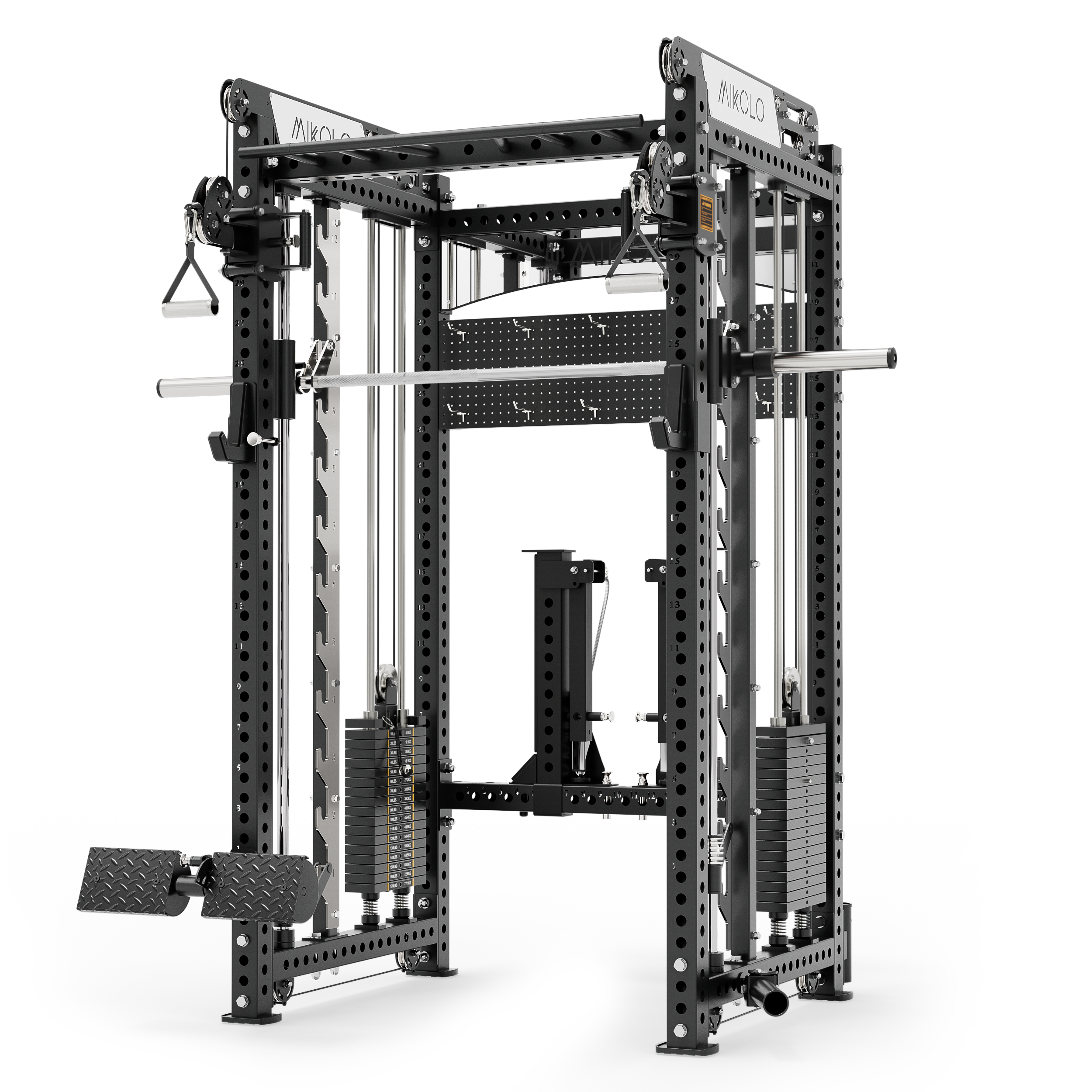
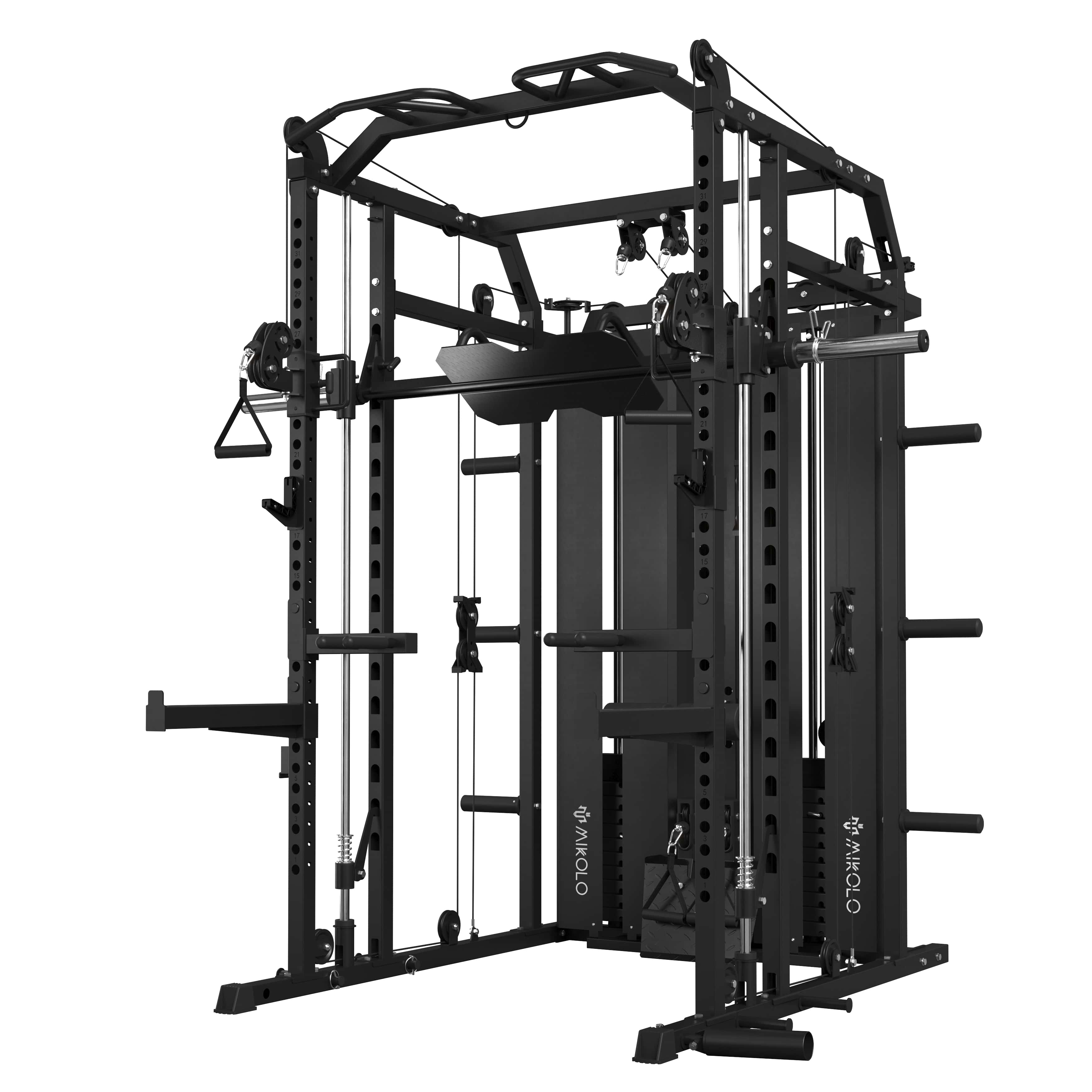
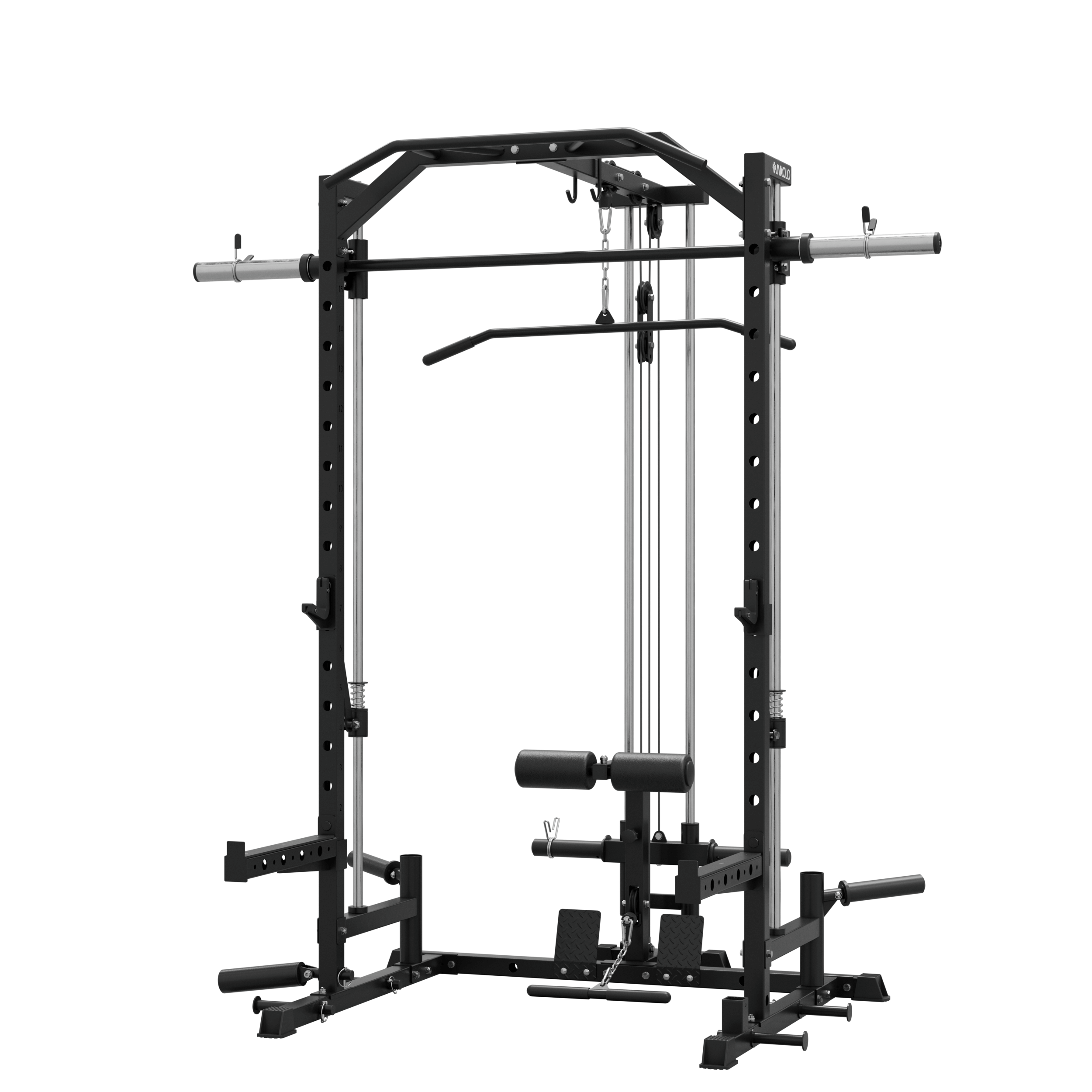
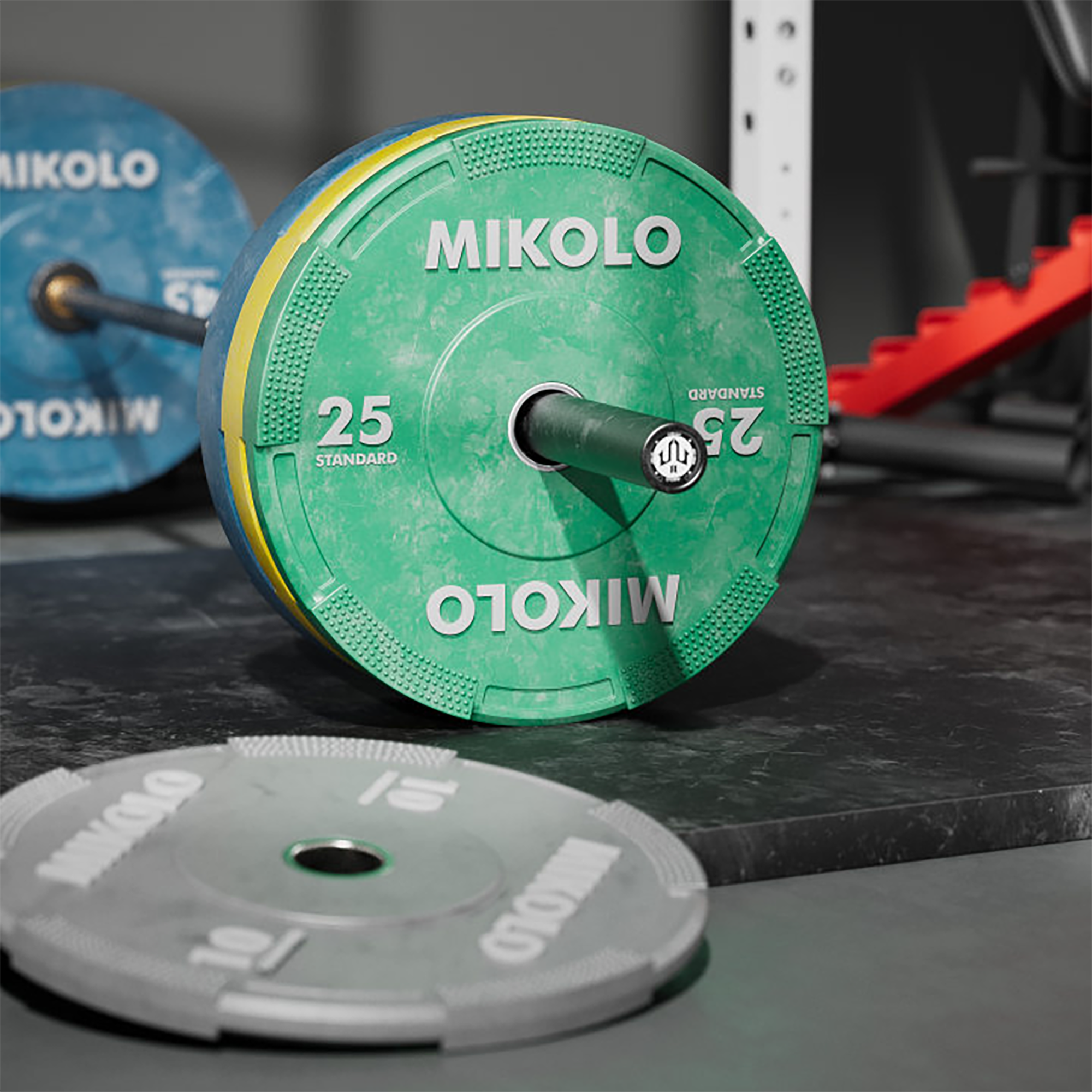












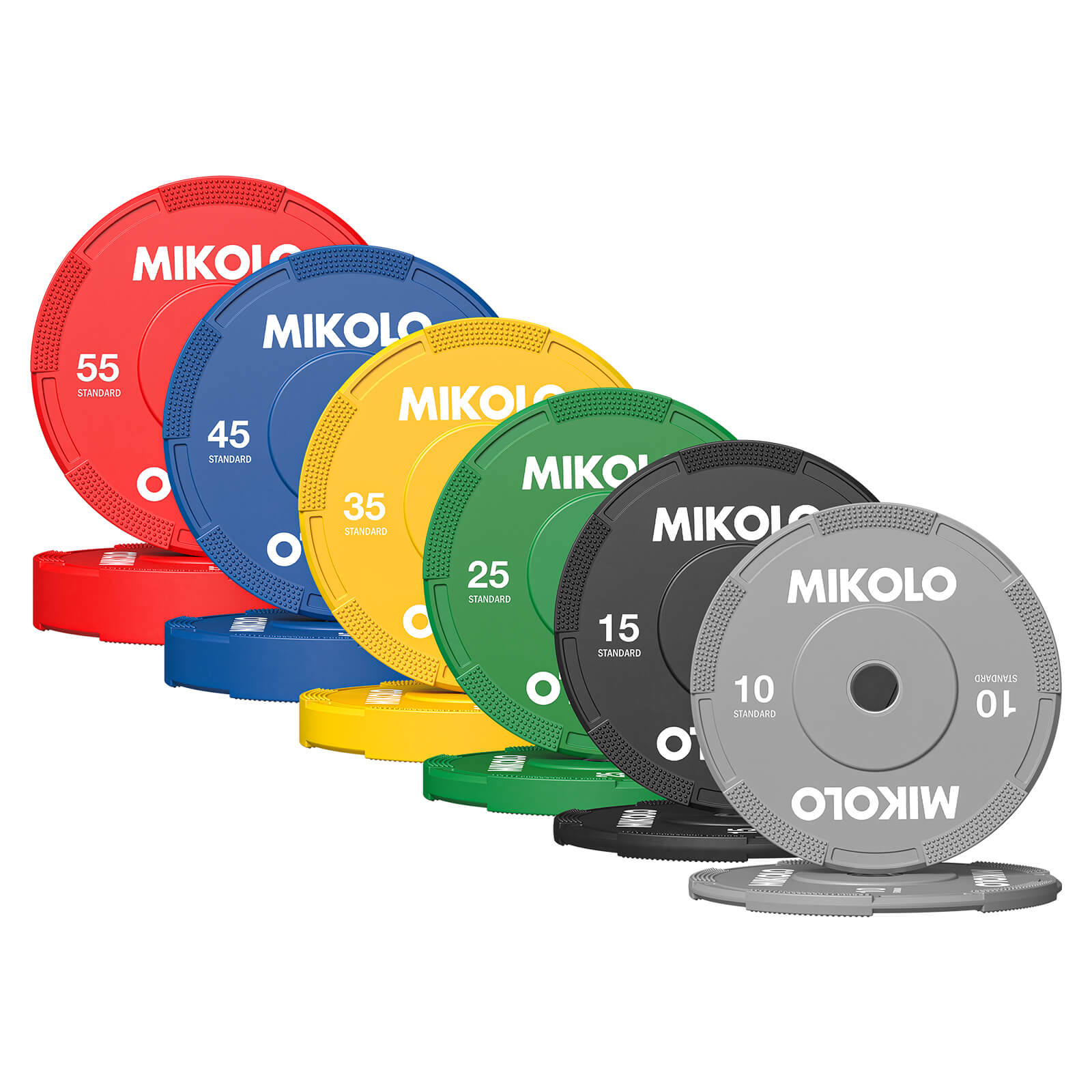

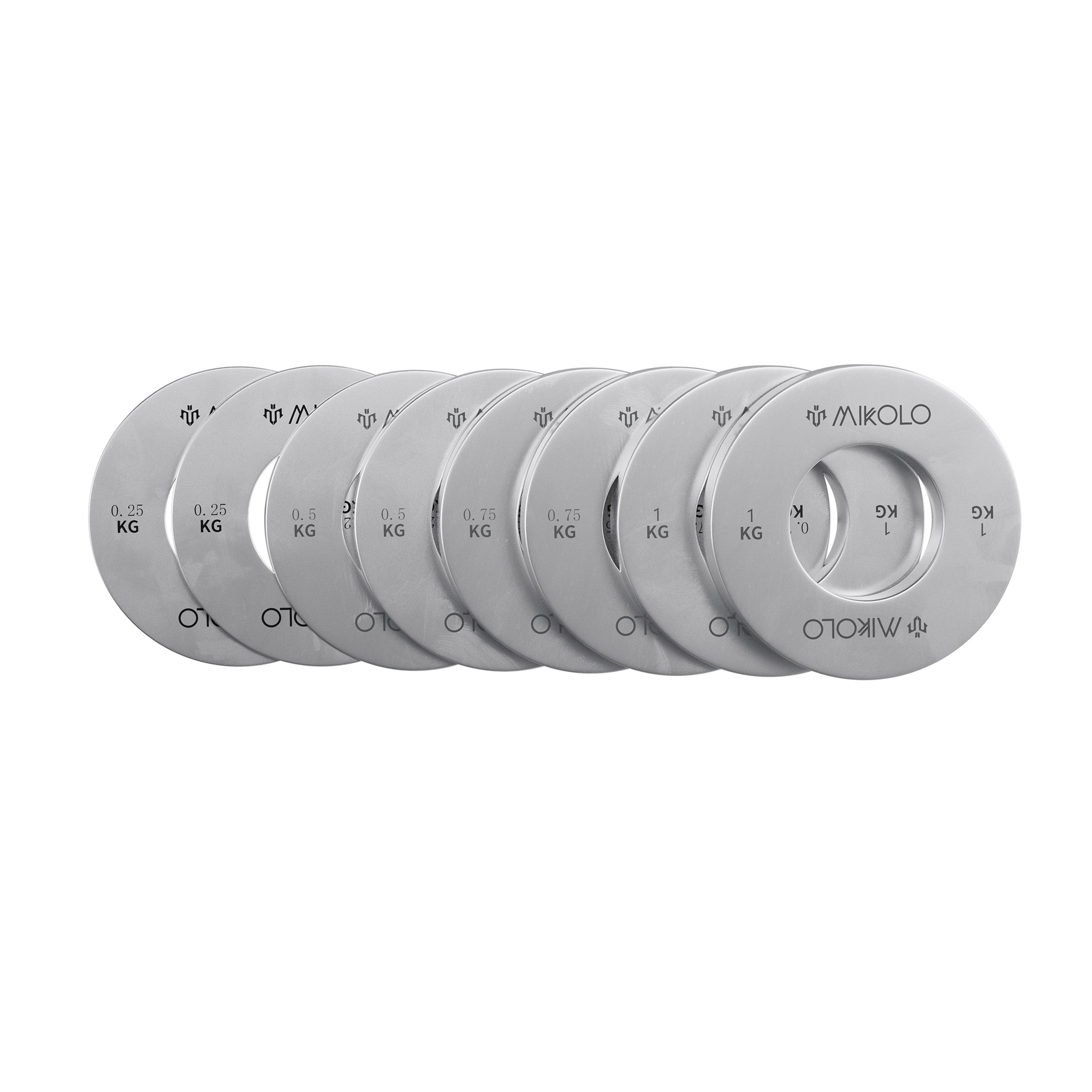

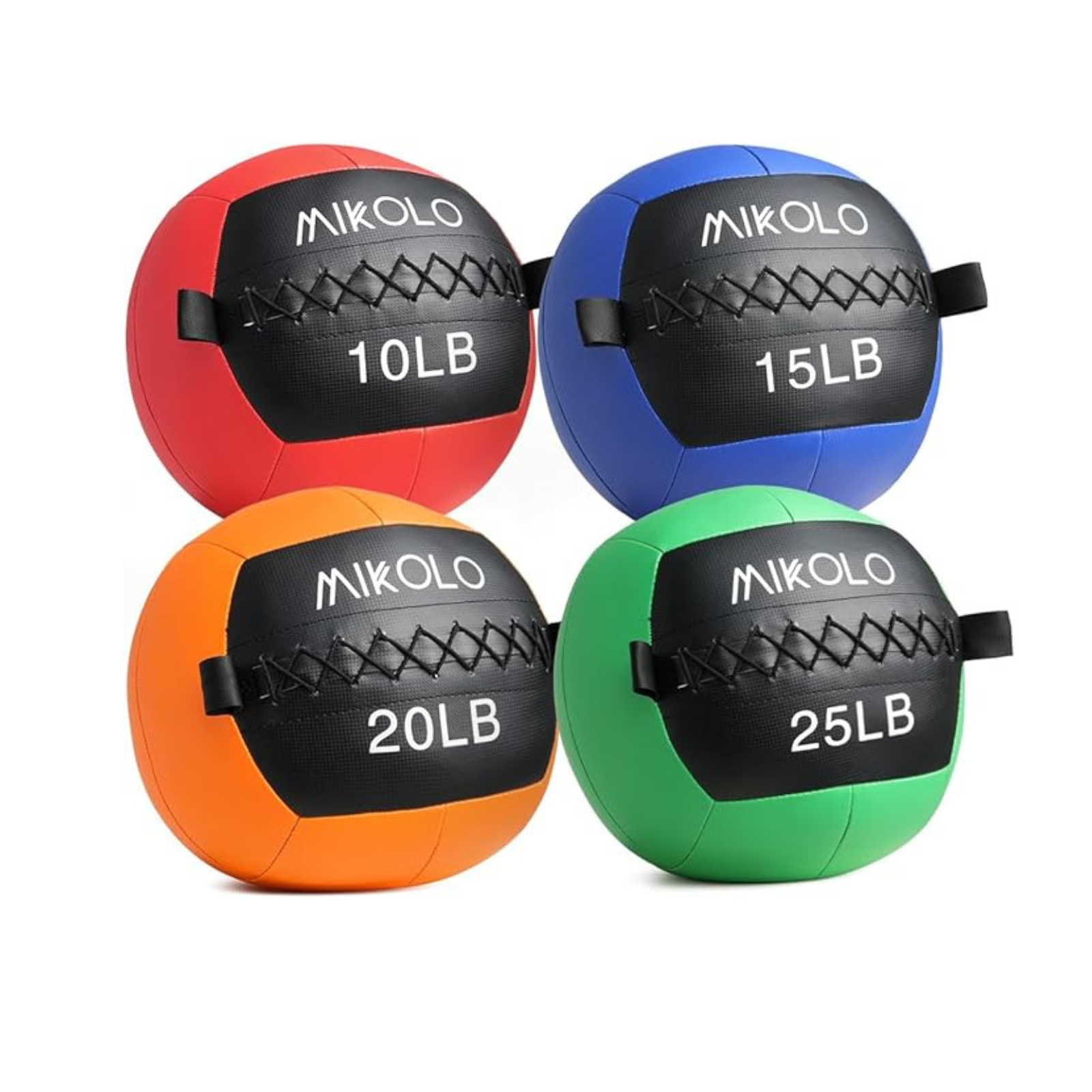
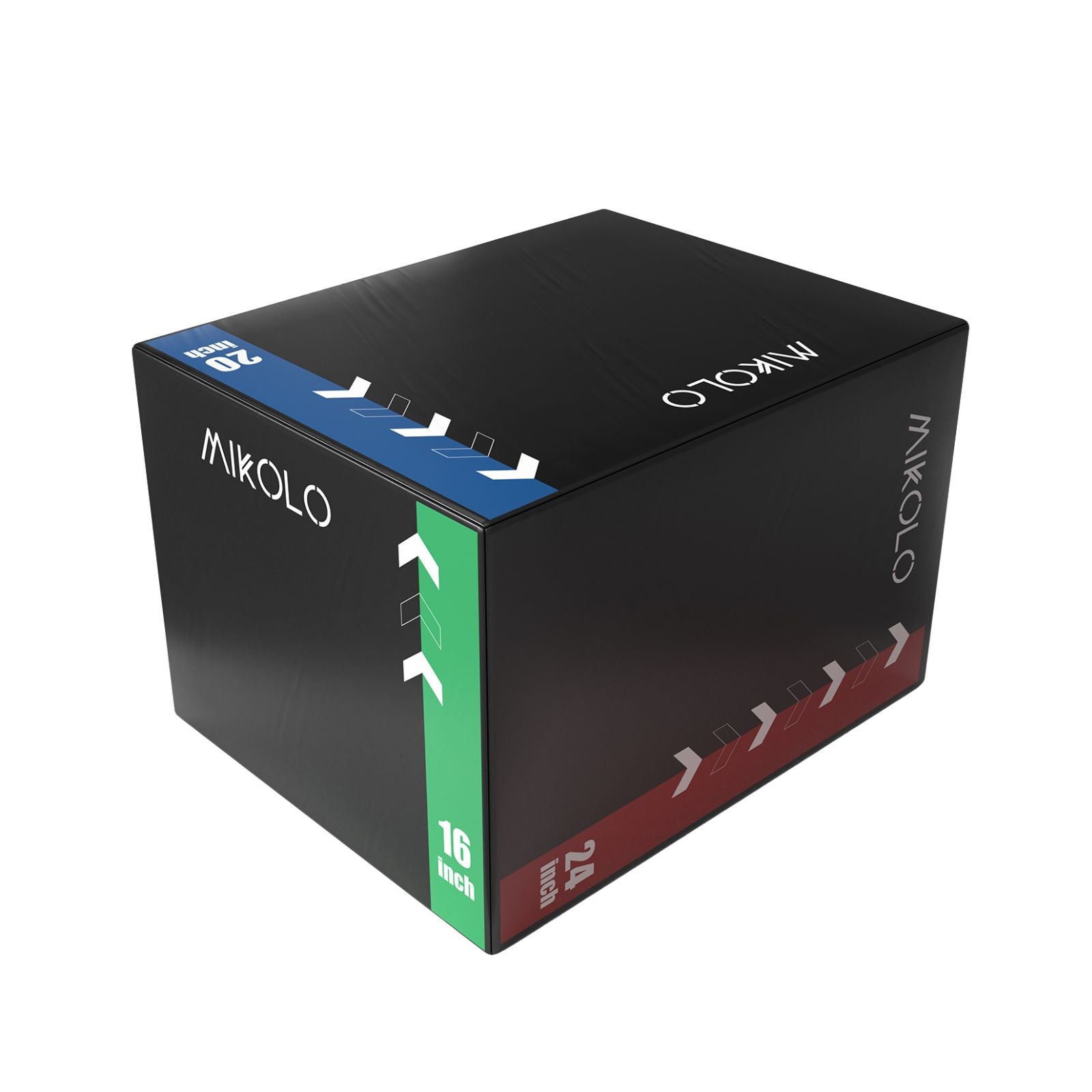






Leave a comment
This site is protected by hCaptcha and the hCaptcha Privacy Policy and Terms of Service apply.